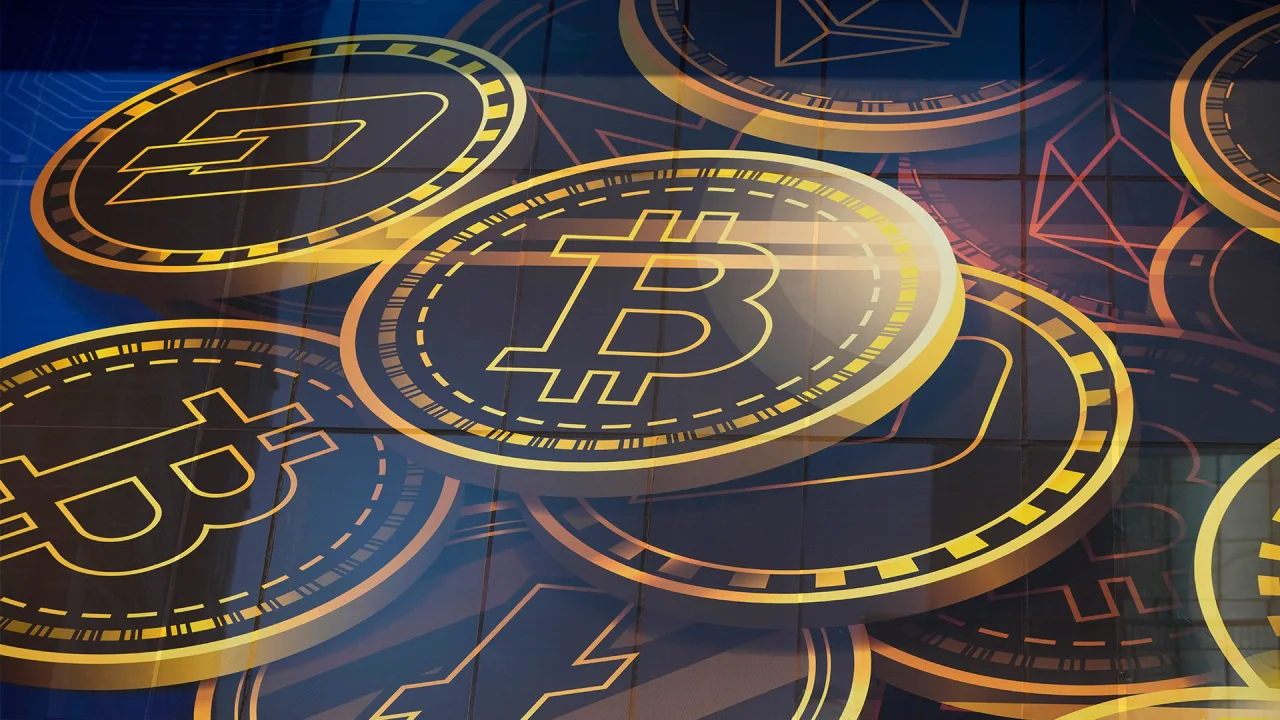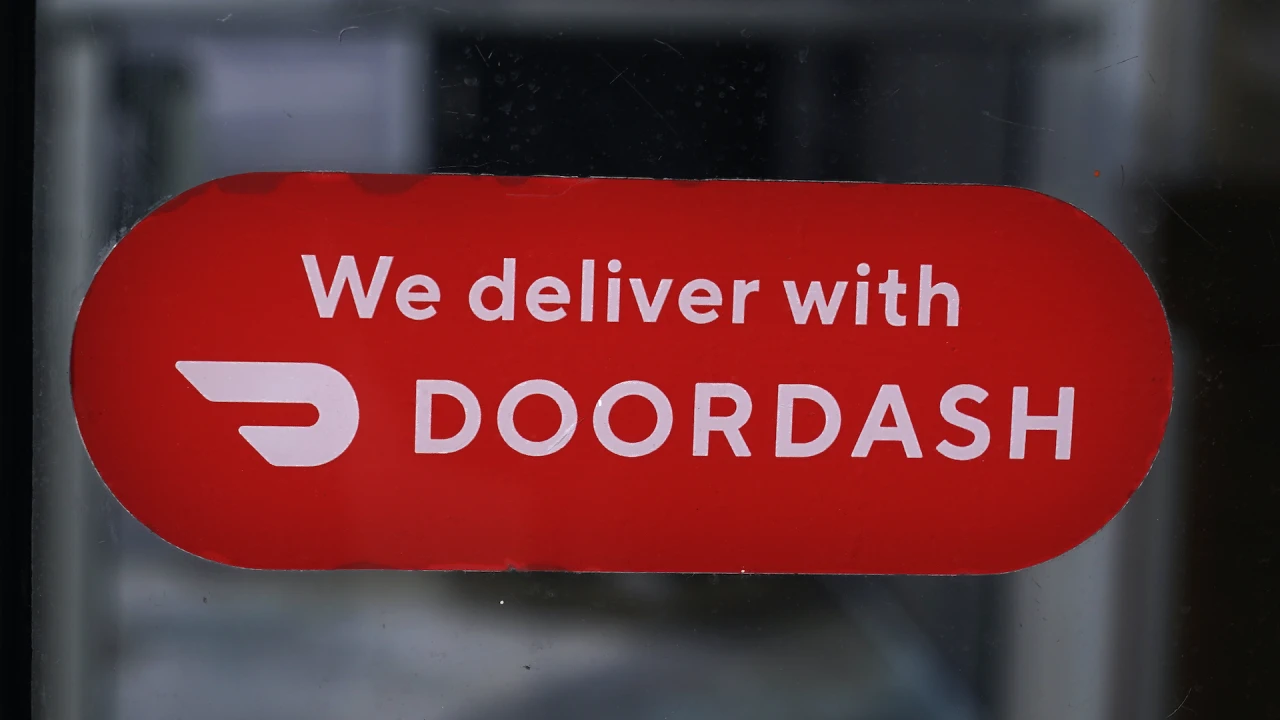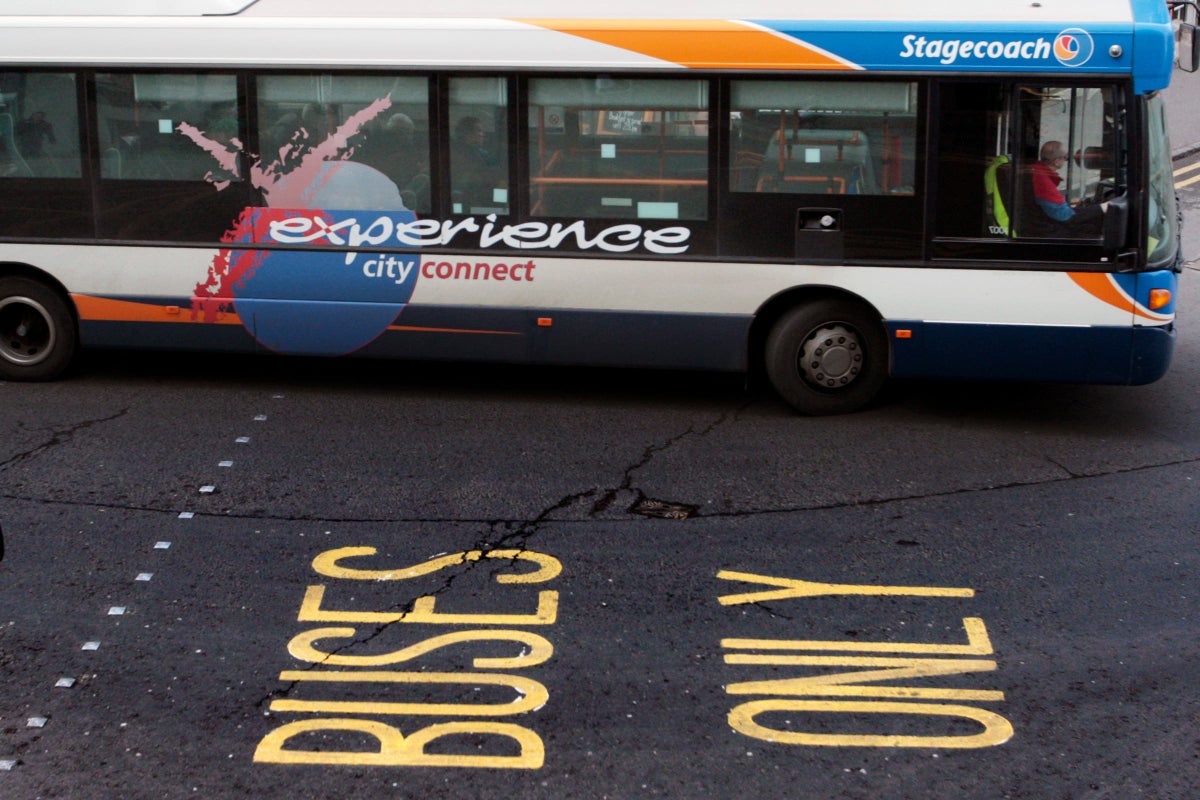5 unexpected benefits of procrastination

Ordinarily, we think of procrastination as something to avoid or correct, but in reality, it can have some legitimate benefits. From giving us time to reflect and collect new information to creating urgency for the work, procrastination comes with some surprising advantages.
We’re wise to consider how we can perform our best. With so much to do and so little time, reconsidering our efficiency is smart. Our most ingrained habits may not actually be the best strategies for our success. Rethinking procrastination may be one of the most unexpected ways to reset our work habits, and one of the most effective.
Rethinking why we procrastinate
If you procrastinate, you’re in good company. Almost everyone procrastinates sometimes, and about. According to research reported by the American Psychological Association, 20% of people are chronic procrastinators.
Procrastination can occur for many reasons. We may not have the skills necessary to tackle a responsibility, or we may avoid a task that we expect to be unpleasant. We may feel uncertain or anxious about how to complete a task, or we may feel frustrated that it’s something we have to deal with. Essentially, we sometimes use procrastination to regulate moods or emotions.
In addition, procrastination is partly genetic. This discovery was based on twin studies published in Psychological Science. But like many genetic traits, there is also an environmental component. You may be predisposed to procrastinate because of your genes, but you also have significant choice and control over your behavior.
One of the most important elements of procrastination is whether you hit your deadlines. If you procrastinate but ultimately complete your tasks on time, you can experience some positive effects of procrastination. But if you procrastinate and ultimately miss important due dates (like, say, not filing your taxes by April 15), then you’re likely undermining your own success.
Constructive procrastination doesn’t have to be an oxymoron. Here’s how to find the sweet spot for reaping its rewards.
Constructive procrastination
If you’re still able to get things done but you just work through them at your own speed, you’re in a position to gain some terrific benefits from procrastination. Here are the best advantages:
1. Procrastination gives you time to reflect
If you dive into a project immediately, you may not have taken the time to ponder the problem, explore the solution, or determine how you want to present your work.
It’s beneficial to take the time you need to examine something from all angles, consider your own perspectives, and reflect deeply on an issue so you can deal with it appropriately. So, hone your ideas and sharpen your thinking, and then dig in.
2. It gives you time to clear your decks
Another benefit of procrastination is clearing your mind for the big thing that you need to get done. If you’re procrastinating by doomscrolling or bingeing your favorite show, you won’t get the benefits. But if you’re getting small but otherwise legitimate tasks done, you can gain advantage from this approach.
Get little things out of the way, including sending that quick email or starting that load of laundry. Doing so can give you more energy and allow you to dedicate greater focus to the bigger thing that will take more effort.
3. It creates a sense of urgency
One of the most common beliefs about procrastination is that by putting off a project, we create a healthy sense of urgency, which in turn helps us perform better. And this may be true.
The Eisenhower Matrix was developed based on President Dwight D. Eisenhower’s approach to prioritization. Essentially, it identifies tasks that are important, urgent, both, or neither. According to research published in the American Journal of Pharmaceutical Education, we’re best at taking action and giving our full attention to tasks that are both urgent and important.
Embrace procrastination to transition tasks from being simply important to both important and urgent, and thereby establish a sense of positive pressure to make decisions, execute, and get things done.
4. Procrastination lets you obtain input
Another benefit of procrastination is the opportunity to obtain additional information and input. By creating more time, you can ask for ideas and expertise from others. You can also do more of your own research to help ensure you have all the necessary information before you tackle your project.
For example, perhaps you have to recommend tactics for your team to get things done more successfully. By taking more time, you can read a few articles on time management or learn more about the best practices for project management. You can also meet with a leader whose team is known for regularly accomplishing ambitious goals and ask them what they do to ensure their success. All of these can help you deliver a better set of suggestions for your team.
Take time to seek, learn, and expand your thinking in order to contribute to the quality of your final outcome.
5. It gives you space to get inspired
If you must accomplish a project and you just can’t get excited about it, sometimes it helps to turn away from it and look for inspiration in other places.
Putting something on the back burner and going for a walk or spending time in nature, for example, can do wonders for your energy and inspire new ideas. Research published in the Journal of Experimental Psychology found that going for a walk outside helped people to create not only a greater number of ideas but also more unexpected ideas.
Take the time to get inspired in whatever way works best for you. Get outside, listen to music, spend time with a child, or spend time on something else you enjoy in order to get inspired for the big thing you must accomplish.
Procrastinating well
There are positive benefits to procrastinating, but also some caveats to be aware of.
- First, you still have to get the task done. Procrastinating beyond the deadline or failing to deliver results doesn’t have positive benefits. So procrastinate a bit, but don’t let it get out of hand.
- You will benefit most when you accept your own processes and style. If you’re too judgmental with yourself, you can detract from your effectiveness, because the negativity and pressure you impose may cause you to put off the work even more. But if you can appreciate your strengths at the same time you’re always seeking to improve, you’ll reap the greatest rewards.
- Think in concrete terms. Research published in Psychological Science found that when people think in abstract or general terms about what they have to do, they’re less likely to get things done expeditiously. But when they can think about their tasks in concrete terms and be specific about what they have to get done, they’re much more successful in accomplishing results.
- It’s important to be as optimistic as you can. Fascinatingly, when people are more optimistic about the future they are less likely to procrastinate and more likely to get things done, according to research published in Scientific Reports. You don’t need to be Pollyanna or demonstrate toxic positivity, but when you anticipate a better future, it will help you invest in the present.
What's Your Reaction?
 Like
0
Like
0
 Dislike
0
Dislike
0
 Love
0
Love
0
 Funny
0
Funny
0
 Angry
0
Angry
0
 Sad
0
Sad
0
 Wow
0
Wow
0




























































































